The world of technology is constantly evolving, with each passing day bringing forth new innovative developments that blur the line between imagination and reality. From self-driving cars to voice-activated assistants, the modern tech landscape is teeming with dynamic facets that continue to shape our lives in ways we never thought possible. In this blog post, we will dive deep into the fascinating world of technology and explore the exponential growth of artificial intelligence (AI), a driving force behind many of these developments.
Unveiling the Power of AI
Artificial intelligence has emerged as one of the most transformative technologies of our time. With its ability to mimic human intelligence and perform tasks that traditionally required human cognition, AI has paved the way for a world where machines can learn, reason, and problem-solve. The potential of AI is virtually limitless, offering unprecedented opportunities across various sectors, including healthcare, finance, transportation, and entertainment.
Transforming Healthcare Delivery
In the healthcare industry, AI is revolutionizing the way diseases are detected, diagnosed, and treated. Machine learning algorithms can process vast amounts of data to identify patterns and predict diseases with greater accuracy than ever before. AI-powered robotics assist surgeons in complex procedures, enhancing precision and reducing the risk of human error. Moreover, virtual healthcare assistants are proving to be invaluable in providing personalized care and monitoring patients remotely, especially in times of crisis.
Reinventing Transportation
The advent of self-driving cars is another example of AI-driven innovation. These autonomous vehicles hold the promise of safer roads, reduced traffic congestion, and increased accessibility for everyone. Powered by advanced computer vision and machine learning algorithms, self-driving cars can navigate complex traffic situations, make split-second decisions, and even communicate with each other to improve overall traffic flow. As we approach a future where autonomous vehicles become mainstream, the way we travel will be transformed forever.
Redefining Entertainment and Communication
AI has also penetrated the entertainment industry, enhancing our experiences in unimaginable ways. Streaming platforms like Netflix and Spotify leverage AI algorithms to recommend personalized content based on our preferences and behaviors. Virtual reality and augmented reality applications are becoming more sophisticated, creating immersive digital worlds that blur the boundaries between real and virtual. Chatbots are revolutionizing customer service by providing real-time assistance and support, offering solutions to queries with speed and accuracy.
Looking Ahead to a Future Fueled by AI
As we witness the ongoing advancements in AI, it is clear that the technology sector is on an unstoppable trajectory. While these developments bring incredible opportunities, they also raise important questions about privacy, ethics, and the future of work. It is crucial for society to navigate this landscape consciously and proactively, ensuring that AI is developed and utilized in a way that benefits everyone.
In conclusion, the age of artificial intelligence has unleashed a world of possibilities within the technology sector. From transforming healthcare delivery to reinventing transportation and redefining entertainment, AI has become an indispensable force that shapes our lives. As we forge ahead into the future, it is essential to embrace the power of AI while remaining mindful of the ethical implications it presents. Only then can we truly leverage the potential of technology and create a brighter, more inclusive future for all.



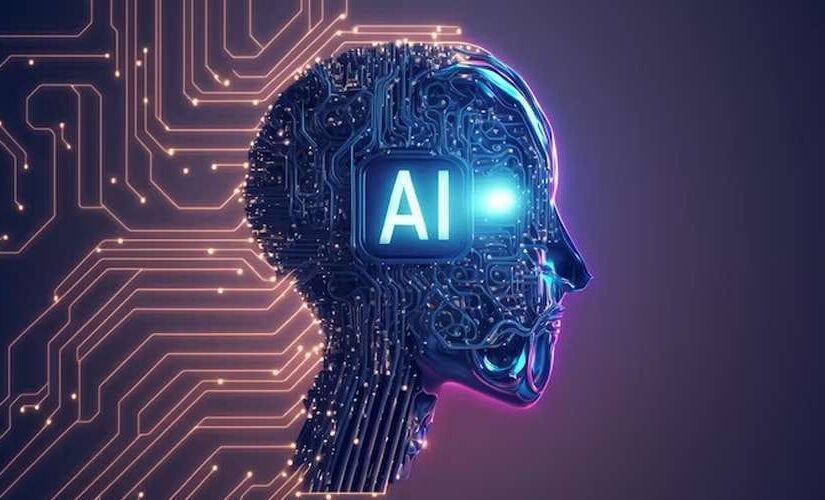

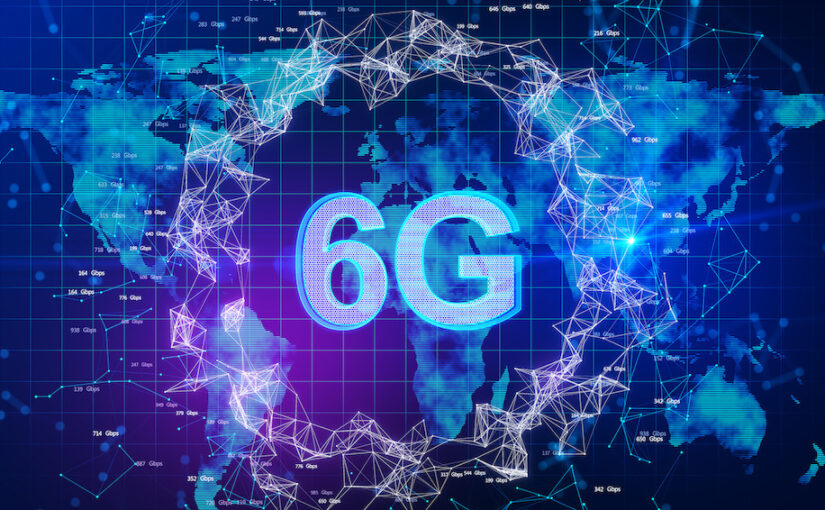
 From 5G to 6G
From 5G to 6G Potential Features of 6G
Potential Features of 6G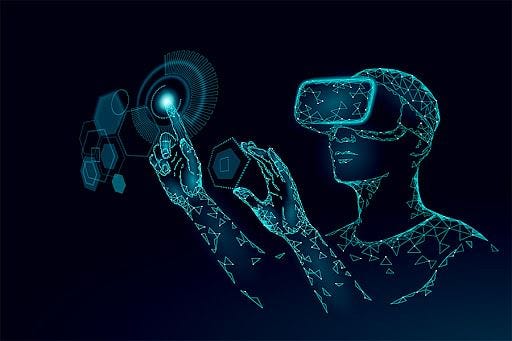
 The Sci-Fi Seeds
The Sci-Fi Seeds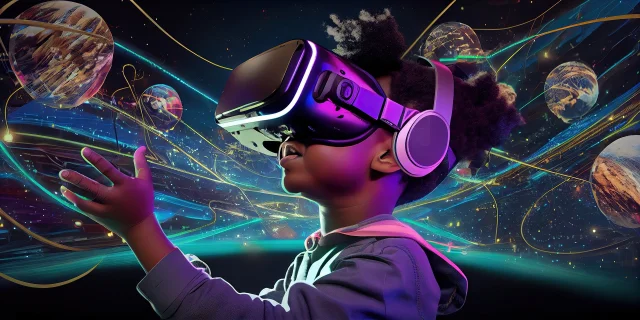 Virtual Reality: Immersion Unleashed
Virtual Reality: Immersion Unleashed
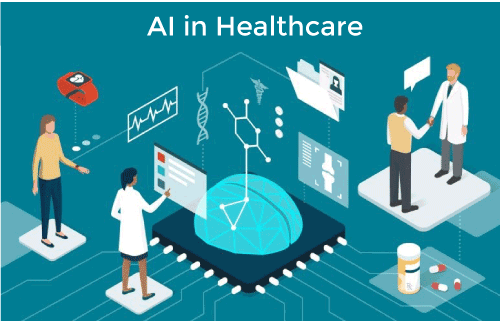 AI in Healthcare
AI in Healthcare AI in Finance
AI in Finance